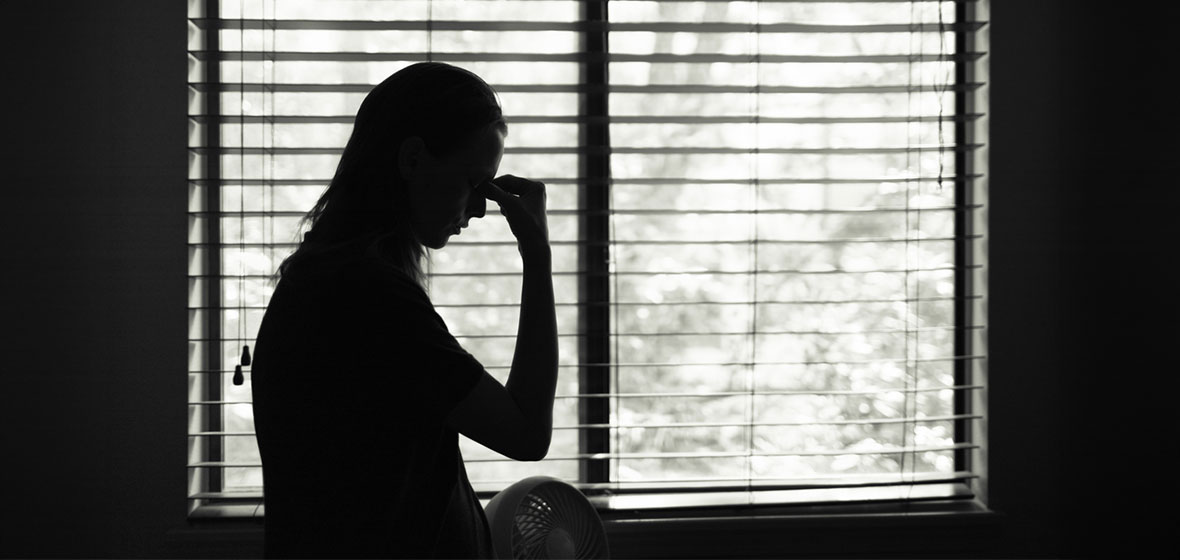People charged with serious domestic violence offences in NSW will have to prove why they should be able to remain in the community.
The state government has unveiled the details of changes to bail laws, designed to make it harder for those charged with certain offences to be granted bail.
Under the reforms, people charged with offences that carry a maximum penalty of 14 years or more in jail, including sexual assault, strangulation with intent to commit another offence and kidnapping, will be included in the list of “show cause” offences.
This means the presumption in favour of bail will be reversed.
The change will also apply to coercive control when this conduct becomes a criminal offence from 1 July.
The categories of offences where bail decisions can be stayed, will also be expanded.
This means an accused person will be able to be held in custody, while prosecutors challenge their release in the Supreme Court.
People charged with show cause offences will be subject to electronic monitoring if they are granted bail.
The government says for all other domestic violence offences, courts will be required to consider factors including ‘red flags’, such as physical, sexual or verbal abuse, stalking, animal cruelty and intimidation, when considering bail.
Where possible, courts will also have to consider the views of victims and family members.
There will also be changes to the operation of bail courts on the weekend across the state, ensuring that all bail decisions are made by magistrates.
This may involve the use of audio-visual links.
The reforms come after a series of alleged attacks on women, which triggered widespread community concern and questioning of the adequacy of the state’s bail laws.
Premier Chris Minns said the changes will make it more difficult for alleged offenders to be granted bail.
“There are long overdue, targeted and will help keep women and children safer,” he said.
Attorney General Michael Daley said the reforms send out a clear message to the community, “that the safety of victims is the paramount consideration of the justice system.”
“We will continue to consult legal and sector stakeholders to strengthen the law, to better support the safety of women and children,” he said.




